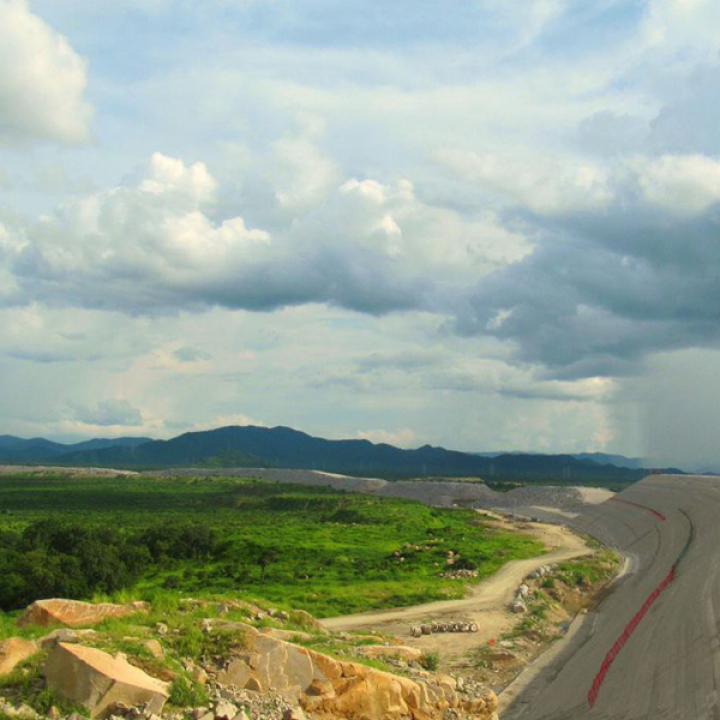
- Policy Analysis
- Policy Focus 156
Egypt's New Realism: Challenges Under Sisi

When Abdul Fattah al-Sisi became president in 2014, Egyptians were clamoring for stability after the chaos of the post–Arab Spring years and the failed leadership of the Muslim Brotherhood government. Emblematic of this stability, Sisi was at one point so highly regarded that his face adorned chocolate bars. Although he remains popular four years later, Sisi can no longer rest on prior achievements and promises of financial improvement. Grappling with a moribund economy, domestic unrest, jihadist threats, and foreign policy challenges, he will need even stronger support as he implements an austerity plan approved by the IMF in November 2016.
In this new study, Barak Barfi methodically sets the leadership of President Sisi in the context of his military predecessors Gamal Abdul Nasser, Anwar Sadat, and Hosni Mubarak. He then examines trends in the country such as the growing role of the military, the need for reductions in subsidies, and the looming water crisis posed by the Grand Ethiopian Renaissance Dam. The U.S. role, as well, is subject to a much-needed assessment. Among the limited ways Washington can influence Cairo, he argues, is by tying increased aid to the enactment of essential economic reforms.
THE AUTHOR
Barak Barfi is an adjunct fellow of The Washington Institute and a research fellow at the New America Foundation, where he specializes in Arab and Islamic affairs. His articles have appeared in the Washington Post, International Herald Tribune, Foreign Policy, Daily Beast, Atlantic, and New Republic, in addition to being regularly featured in Project Syndicate. He has also published extensively in leading foreign publications such as the Australian, Der Standard, Guardian, Die Welt, and El Pais.
A commentator on CNN, BBC, MSNBC, and Fox News, Barfi testifies frequently before Congress on issues ranging from al-Qaeda to the Syria conflict. In addition, he is a former correspondent for Associated Press and producer for ABC News affiliates, where he reported from Iraq, Lebanon, and other countries. A former visiting fellow at the Brookings Institution, he has lived in a half dozen Middle East countries and is fluent in Arabic and French, besides his native English.




